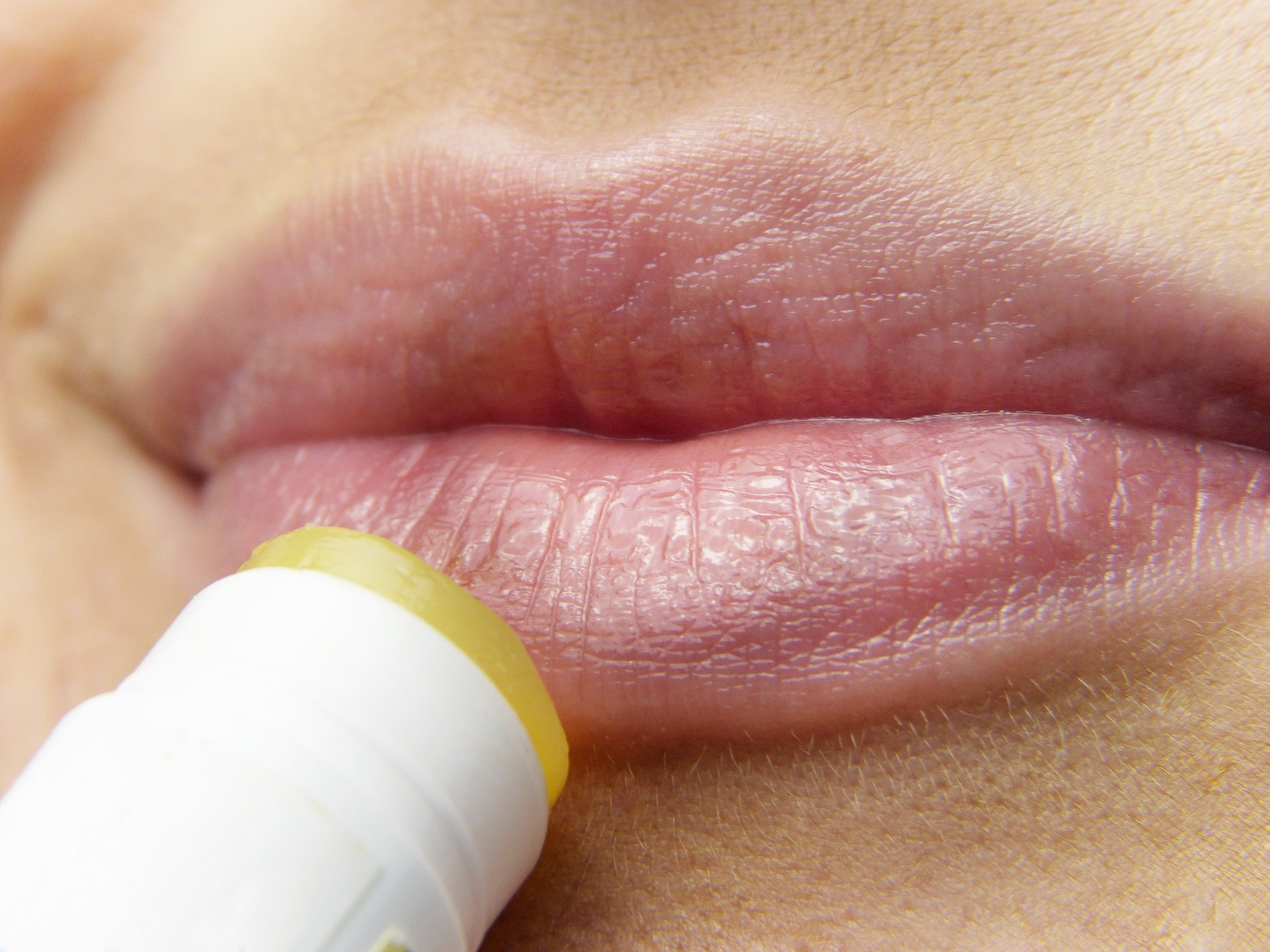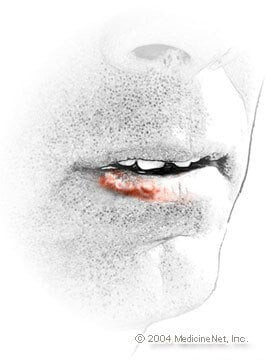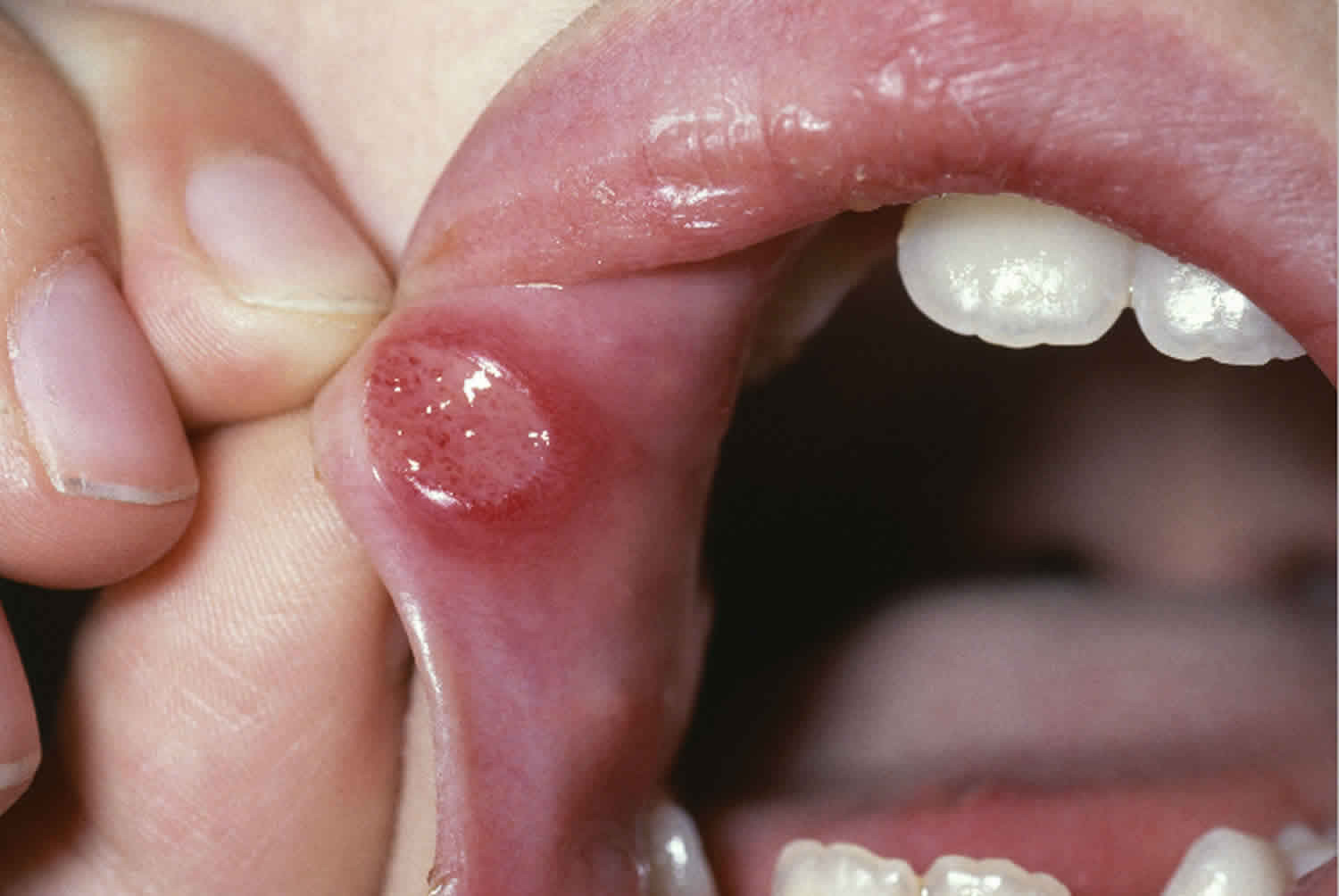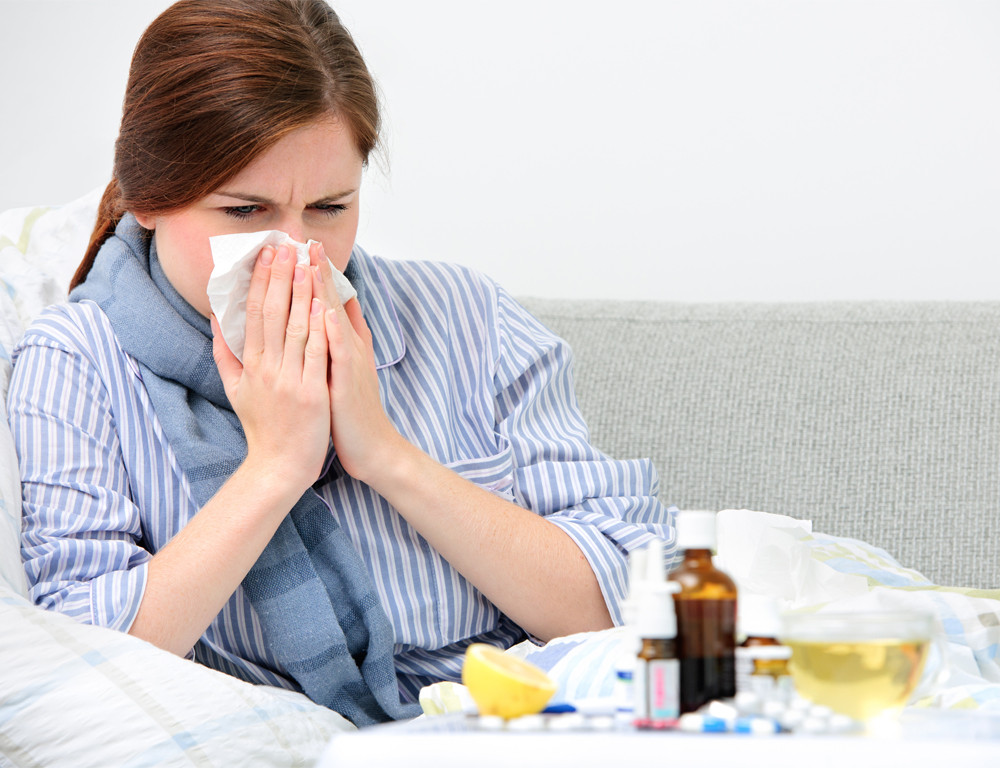Definition
Herpes simplex virus (HSV) can cause both oral and genital herpes. HSV is usually transmitted sexually, but the virus can also be transmitted through other means of transmission. Someone with HSV could be infected through oral and genital contact.
Herpes viruses have 2 main types, namely HSV-1 and HSV2. HSV 1 mainly causes oral herpes, characterized by cold pain or fever blisters around your mouth and/or face. In contrast, HSV 2 can cause genital herpes, which can be more painful around the genital area, anus, buttocks, and inner thighs. The pain can also develop inside the vagina.
Oral herpes (also called “cold sores” or “fever blisters”) is an infection caused by the herpes simplex virus type 1 (HSV-1). This virus can cause pain in the lips, gums, tongue, upper part of your mouth, and the inside of your cheeks.
Causes
Oral herpes is a viral infection caused by the herpes simplex virus type 1 (HSV-1). It is highly contagious and can be contracted through sexual intercourse or close contact, such as kissing. The virus is spread through saliva or direct contact with the infected area. Sharing utensils, straws, towels, or lip balm with someone who has oral herpes can also lead to the transmission of the virus. It is important to take precautions to prevent the spread of oral herpes.
You may not be aware when HSV-1 infects you because the symptoms are usually mild. Children sometimes experience fever and small sores in and around their mouths after first exposure to HSV-1.
Risk Factor
You may have a higher risk of infection if the herpes simplex virus infects your sexual partner. Women also have a higher risk than men. This is due to hormonal changes during menstruation and pregnancy, sunburn, extreme temperatures (too cold or hot), stress (physical or emotional), fatigue, and flu-like illness.
In some groups of patients, herpes simplex can cause serious complications. The groups of patients who require immediate treatment are:
- Newborn baby
In babies under 6 months, complications such as high fever and seizures can happen because the immune system is not fully developed yet.
- Patients with weak immune system
In patients with weak immune systems, the herpes simplex virus can cause encephalitis (brain inflammation). If you have HIV or undergo chemotherapy, oral herpes can become more severe and may last longer.
- Patients with eczema
Herpes simplex virus can cause a life-threatening infection called “herpeticum eczema” in adults and children with an eczema history.
Symptoms
Experiencing oral herpes for the first time can result in more severe symptoms for some people. Typically, the first sign of oral herpes is a tingling, burning, or itching sensation around the lips, which occurs 12–24 hours before the appearance of the actual sore. As the sore develops, the affected area becomes red, swollen, and painful.
After 2-3 days, the wound will start releasing a clear or slightly yellowish fluid, known as the weeping phase. About 4-5 days after the appearance of oral herpes, the lips will form a hard surface and start to shed. During the healing process, the surface may crack or bleed, and the hard part will eventually fall off, revealing areas of skin that may appear redder or pinker than usual for several days. It usually takes 1 to 2 weeks for oral herpes to heal completely.
Diagnosis
The doctor may take a sample from the wound. Laboratory examination can confirm or eliminate the possibility of herpes virus infection. If you don't feel pain, your doctor will use a blood test to check for HSV-1 and HSV-2 antibodies, which indicate you have recently been exposed to the virus. Blood tests may not show an active infection, but they can inform your doctor whether you have been exposed to the virus.
If you have your first infection, you may not get a positive result for a herpes test if you don't have enough time for your body to develop antibodies yet. HSV antibody tests for 1 and 2 can be repeated at weeks 8 to 12.
Management
Oral herpes treatment may take time, but some can shorten recovery and reduce pain. Wounds can usually heal independently without special treatment, but your doctor may prescribe you antiviral medication if you experience severe or frequent conditions.
Taking antiviral medication can help reduce the frequency and severity of oral herpes outbreaks. Applying creams or ointments to the affected area can also be helpful. It's recommended to start using these treatments as soon as you feel any tingling or itching, as this can prevent the appearance of the actual sore.
If these treatments do not work effectively, the doctor will prescribe antiviral drugs, which are given by intravenous injection. The doctor will monitor you through the treatment.
Complications
Complications from oral herpes rarely happen, but several complications may come up:
- Eye infections
The herpes simplex virus (HSV-1) can spread to the eyes when someone touches the area of oral herpes and then directly touches their eyes. If HSV-1 spreads through the eyes, this condition can cause HSV keratitis (a serious potential corneal infection). A severe HSV keratitis infection can cause blindness.
- Pain in the genital area
HSV-1 can spread through the genitals through oral sexual intercourse, causing warts or sores in the genital area or anus.
Prevention
Several ways to prevent HSV-1 infection are avoiding kissing, having oral sexual relations with patients who have oral herpes, not sharing toiletries (food or lipstick), and washing your hands before touching your lips, eyes, or genital area.
If HSV-1 already infects you, take several steps to reduce the risk of recurrence, such as keeping your body healthy, getting enough rest, and wearing lip balm. If you have oral herpes, you should be more careful around the baby.
When to see a doctor?
Oral herpes should be treated carefully if you experience frequent and severe pain or if it does not go away on its own within 2 weeks. It may cause pain in the eyes, hands, genitals, or other body parts.
You should immediately go to the doctor for treatment if you have eczema, HIV, cancer, or a deficiency of the immune system, or if you are undergoing chemotherapy and taking drugs that can weaken the immune system.
Looking for more information about other diseases? Click here!
- dr. Lukita Tarigan
Burford, M. (2022, May 10). Oral herpes: A complete guide. Verywell Health. https://www.verywellhealth.com/oral-herpes-5223802
Oral herpes. JHM. (2021, August 8). https://www.hopkinsmedicine.org/health/conditions-and-diseases/herpes-hsv1-and-hsv2/oral-herpes
professional, C. C. medical. (n.d.-a). Cold sore: causes, treatment, & prevention. Cleveland Clinic. https://my.clevelandclinic.org/health/diseases/21136-cold-sores
professional, C. C. medical. (n.d.-b). Herpes simplex: genital, oral, symptoms, & treatment. Cleveland Clinic. https://my.clevelandclinic.org/health/diseases/22855-herpes-simplex
Raypole, C. (2023, February 10). Herpes: symptoms, causes, treatment, and more. Healthline. https://www.healthline.com/health/herpes-simplex
U.S. National Library of Medicine. (n.d.). Herpes oral: MedlinePlus medical encyclopedia. MedlinePlus. https://medlineplus.gov/ency/article/000606.htm
WebMD. (n.d.). Oral herpes. WebMD. https://www.webmd.com/a-to-z-guides/oral-herpes











